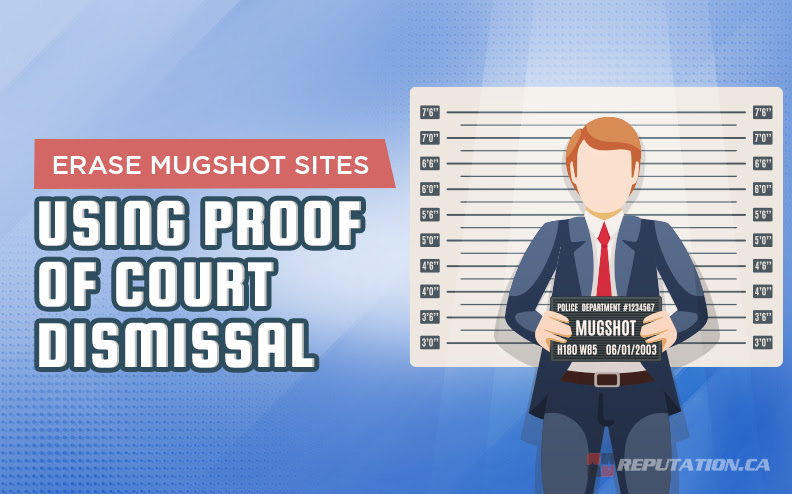Mugshot websites make millions of dollars every year by keeping arrest photos online forever – even after your charges have been dropped. These sites show up at the top of search results, so anyone who types your name into Google can still see your mugshot even though your case was tossed out. A thrown-out case means that there wasn’t enough evidence to move forward. Your mugshot stays online anyway.
These mugshot sites harm real people every day. Employers pass on qualified candidates when they find an old arrest photo online. Landlords turn down rental applications for the same reason. Personal relationships can suffer when a friend or family member stumbles across an outdated mugshot. Thankfully, new laws are starting to help. In a few states, these sites are now forced to take down mugshots once the charges have been dropped. Your dismissal paperwork is strong ammunition – it proves that you were cleared and gives you legal grounds to demand removal. Some sites comply within days, and others need a bit more pressure. Either way, you can still get the photo removed.
Once you have your dismissal documents, the mugshot can be wiped from the web.
Let’s see how you can use this court paperwork to get your photo removed.
What You Can Do After Dismissal
A dropped case gives you more power than most defendants know. A distinct difference exists between arrest records and conviction records, and when you understand that difference, you can get your mugshot taken off the internet.
Defendants whose charges are dropped usually walk away from court without understanding what they’ve accomplished. An arrest record doesn’t have to follow a person around for life just because it happened. That innocent-until-proven-guilty principle we all know doesn’t magically stop working once you leave the courthouse, and the same logic should guide how your personal information shows up online.
California made this apparent back in 2019 during a court case in which defendants with dropped charges could claim factual innocence. This wasn’t some minor procedural change that only lawyers care about – it completely changed how we look at arrest records compared to actual convictions. If prosecutors let the charges go, the person deserves the chance to clean up their name permanently.
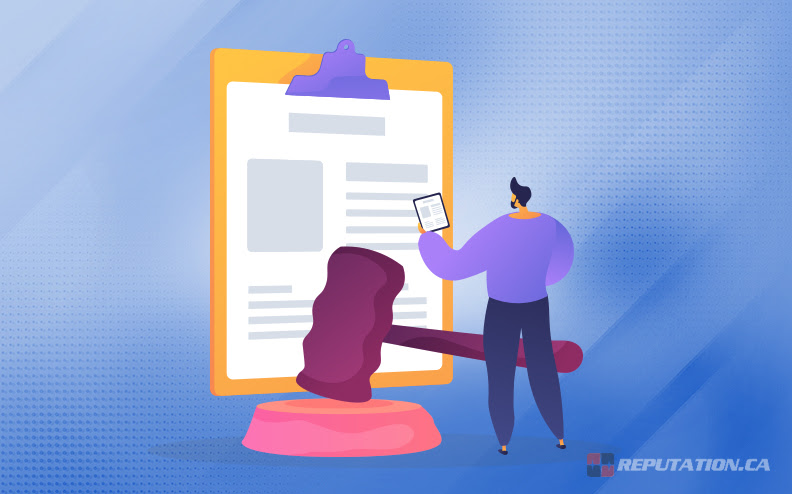
More than 18 states have decided that keeping mugshots online forever after a dismissal just isn’t fair. A tossed case means the court has decided there wasn’t enough evidence to go forward – yet someone’s photo stays online for everyone to find. These states are finally starting to see that mugshots from dropped cases left up permanently can ruin defendants’ lives without any valid reason at all.
Websites have the First Amendment right to publish mugshots at the time of an arrest. News is still news, and arrests are public record when they happen. Once a case is dropped, the legal picture changes quite a bit. Newsworthy information at the start turns into something that’s pretty questionable to keep online. Mugshots left up after charges are dropped put these sites on shaky legal ground that defendants can definitely use in their favor.
Get the Right Court Documents
A case dismissal is the beginning – but showing it happened is where the process gets a bit tricky. Mugshot websites have become pretty skeptical about removal requests, and they won’t take your word for what went down in court. They want official court documents with your case number and dismissal date, and they need to have that official court seal stamped on the paperwork.
Every website has its own weird ideas about what counts as proof. Some are fine with a plain old photocopy that you made at home, and others refuse to look at anything unless a licensed notary public has stamped it. A certified copy straight from your court clerk cuts through that nonsense and saves you from having to go back to the courthouse multiple times after rejections.
Judge Roberts tackled this documentation mess in an important 2020 ruling about document authenticity laws. His ruling spelled out that certified court documents actually carry real clout when someone is trying to get content removed from websites, and this ruling ended up changing how many of these sites treat their proof laws going forward.
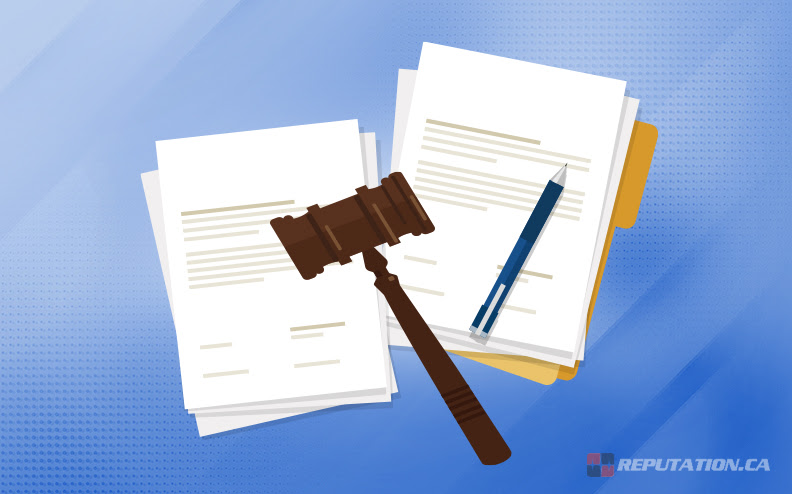
That dismissal from a few years back won’t cause any problems since courts store their records for decades. Most courts now have online systems where you can request documents with just your case number or your full name and the approximate date of your case. These online systems usually send your documents back within a few business days.
Many defendants get confused about dismissal paperwork versus expungement orders, and these two documents actually serve completely separate purposes. A dismissal just means that the prosecutor decided to drop the charges against you. An expungement goes much deeper, though, and wipes your entire arrest record clean from public databases. Most background-check sites handle these under separate policies – they might accept dismissal paperwork immediately, yet they usually run expungement orders through extra verification steps first.
Courts usually charge somewhere between ten and twenty-five dollars for certified copies. It makes sense to get multiple copies during your first visit because each website you contact is going to need its own copy of your paperwork, and paying for extras ahead of time beats making a few separate trips to the courthouse.
Send Your Removal Request Letters
Once you have your court dismissal paperwork ready, then you send it to these websites properly. Certified mail sounds excessive, but it’s the only way to build a paper trail that will actually hold up in court. One Texas plaintiff won a lawsuit against a mugshot site because he proved that they had ignored his certified removal requests for months.
A removal letter that actually gets results needs the right pieces in place. Include the exact website URL where your mugshot shows up, along with your case number and that dismissal paperwork you worked so hard to get. Keep everything factual and professional – resist any urge to vent about how unfair this whole situation feels.
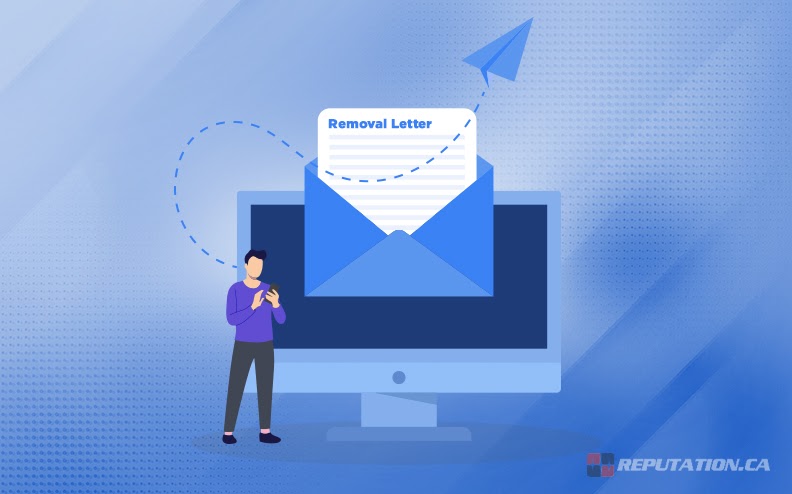
Be patient with this whole process. Some sites are pretty quick and will remove your photo within 48 hours. Others take far longer – 90 days or even more. This becomes even more frustrating because most websites bury their removal policies deep inside their terms of service pages. Lots of people find themselves scrolling through endless legal mumbo jumbo just to track down a basic contact email.
Back in 2021, the Illinois Attorney General put out advice that says to stick with it. They recommend following up every two weeks if you don’t hear anything back. Mark your calendar and set up reminders because these sites are really counting on you to give up.
Whatever you do, try to keep your tone professional in each email and letter. These businesses want you to lose your cool so they can dismiss your request. Just focus on the facts from your case dismissal and don’t make any threats or emotional appeals. Your goal is to document everything and build a strong record of your attempts to remove this content.
State Laws That Force Removal
Polite removal requests don’t always work. State laws, however, can become your biggest help in this battle. A few states have passed strong legislation that forces mugshot websites to take down your information once you can prove that your case was thrown out or dropped.
Georgia has some of the toughest penalties around for websites that won’t comply. Sites that refuse to remove the cases that were thrown out face $500 in fines each day that they leave your information online. Fines add up fast when website owners decide to ignore the law completely. Most of them give in within a week or two once they see what this noncompliance will actually cost them.
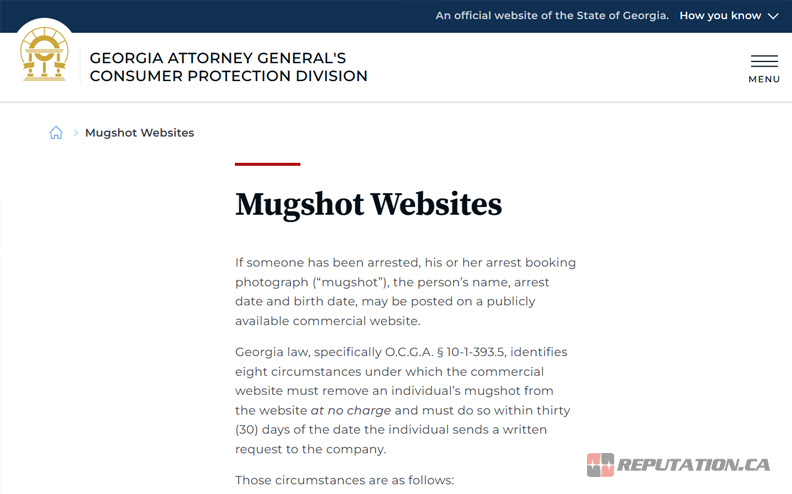
Colorado went with a simple plan – just a 30-day deadline that anyone can get. Submit your dismissal paperwork, and the website has a full month to take your information down. There won’t be any exceptions, extensions, or sneaky loopholes. Everyone involved knows immediately what’s expected and when it all needs to happen.
Kentucky recently had a case where someone actually won $7,500 from a mugshot website that wouldn’t take down their photos. They sent in the right paperwork. Yet the site kept those pictures up there anyway. A judge ruled that this broke state law and awarded them the money. Other mugshot sites are definitely watching because it shows them how expensive it can get when they ignore these removal requests.
Not every state offers the same level of protection in these situations (sadly). Some laws only cover some types of charges, and others protect all dismissals equally across the board. Check your state’s particular laws first to see just what options are available to you.
State attorney general offices can step in and take action when websites continue to ignore the law completely. These consumer protection divisions have the authority to go after websites that violate removal laws and regulations. Many people find that just a mention of possible attorney general involvement tends to motivate websites to act faster than any friendly requests ever could.
Legal action threats usually get better results than filing a lawsuit and going through that mess. Website owners almost always would prefer to just delete your information and move on instead of handling expensive fines or getting stuck in long court battles that could get really expensive.
What Happens After Website Removal
Getting your mugshot removed from Google is where the real work starts, and it’s a bit harder than you might think. Even after you manage to get a website to take down your photo, Google’s search results can hang onto that same information for months at a time. Google takes pictures of web pages and saves them on its own servers, so your mugshot might still show up even after the original website removes it completely.
Google actually did create a special removal category for these situations – they call it the “outdated legal information” option. It was built for those whose charges were dropped and who wanted to clean up their name online. It made them change how they process that data.
Google doesn’t work fast, and that’s the most frustrating part about this whole process. You have to submit a request through their official removal tools and then just sit around and wait. They usually get back to you within two to three weeks, though it can absolutely drag on longer than that.
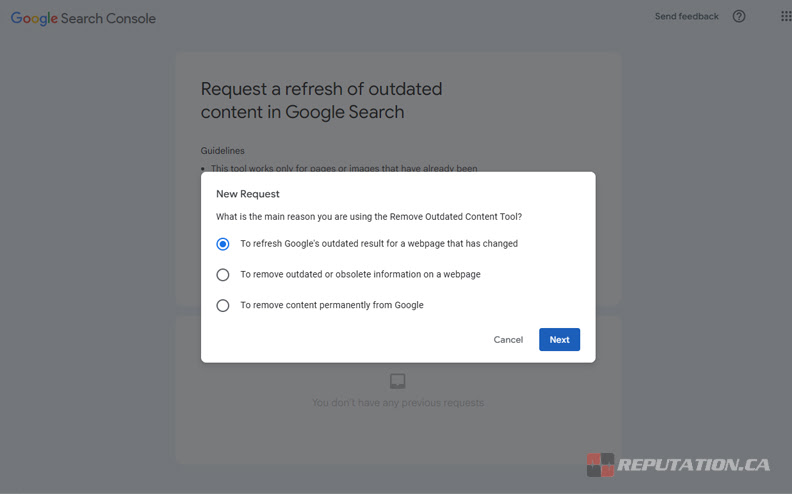
Research on this topic is pretty infuriating. A 2022 study found that 43 percent of the removed mugshots were still showing up in image searches a full six months later.
It’s unfortunately pretty common for your photo to be copied and syndicated across dozens of other websites – long before anyone even knew that it was out there.
These aggregator sites are tough to control – you get one removed and suddenly two more pop up somewhere else completely. They automatically grab content from other sites, so your mugshot can spread across the internet much faster than you can file removal requests. Google Alerts are the smartest move because you’ll know immediately when new sites publish your information, and you can act fast to get it taken down.
Monitor and Manage Your Reputation
One of the smartest moves you can make is to create a basic file with all your court papers, removal confirmations, and contact information for each website you’ve worked with. If a new site pops up six months down the road (and sad to say, they will turn up from time to time), you won’t have to start the whole process over again from square one. Quarterly calendar reminders to check for new publications may sound excessive. Dealing with one or two new sites as they appear is way easier than finding out years later that your information has somehow spread to twenty more places across the internet.
Nobody talks enough about the emotional weight that will finally lift after those search results disappear. I’ve watched clients go from being really terrified of job interviews to confidently pursuing their dream careers, and it all came down to the time they spent cleaning up their online footprint the right way. That relief you get when you can Google yourself without that sinking feeling in your stomach, when your kids won’t accidentally stumble across old mugshots, when employers are going to see the actual you instead of a bad mistake from years ago – that sense of freedom is worth every hour that you put into this whole process.

Some situations do need professional help, especially when stubborn websites or complicated removal processes refuse to cooperate.
We at Reputation.ca come in as Canada’s top experts in review management, social media, public relations, and crisis response. We help our clients take care of these problems when they need control of what shows up about them online. Whether cancel culture has hit you or you want to build a stronger online reputation, we have the experience to make it happen.
Contact us at Reputation.ca for expert help built around your specific situation and needs.
